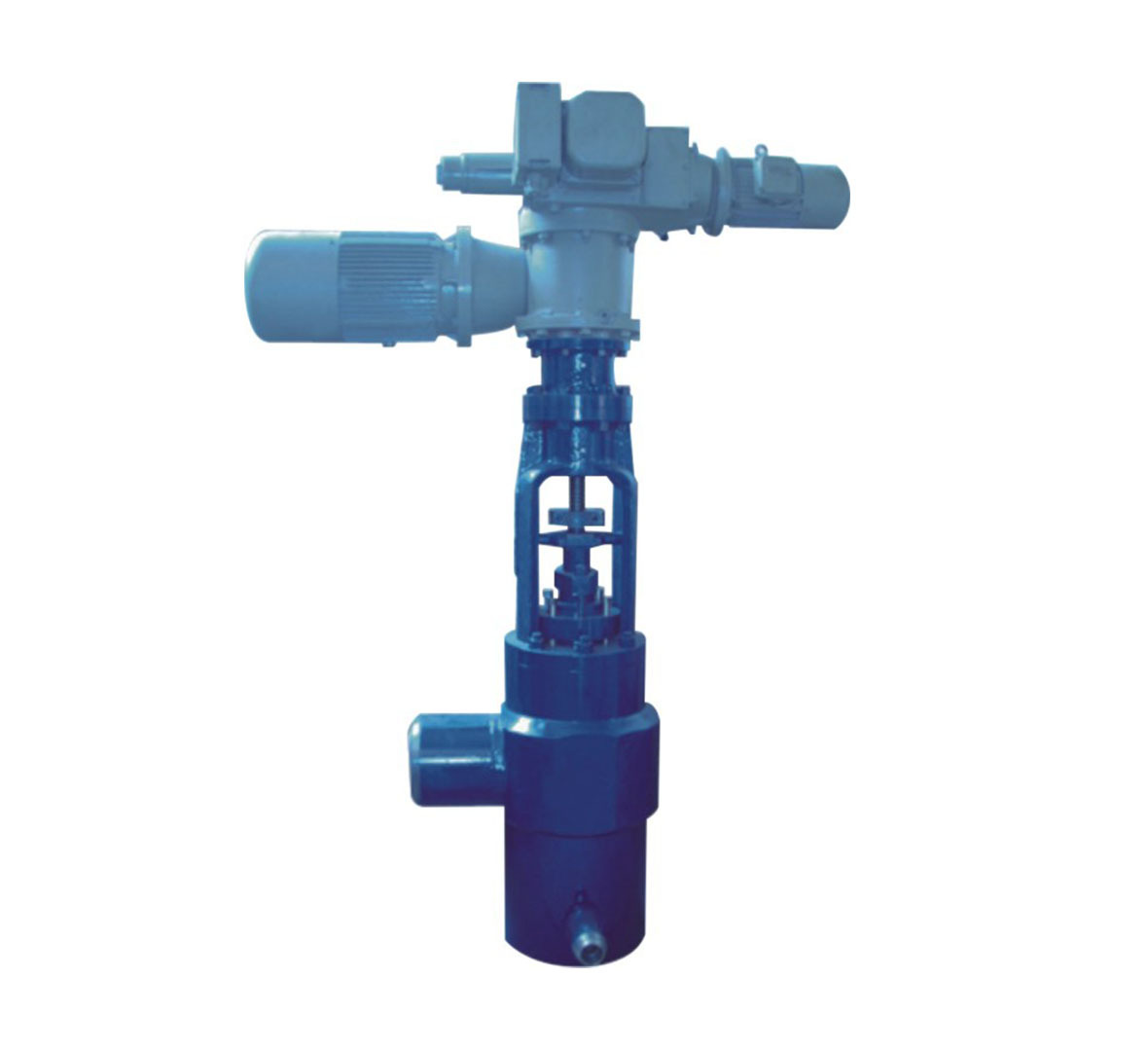
News & Events
A Comprehensive Overview of Block Valves: Essential Components in Industrial Systems
Release time: 2024-12-23
Block valves are critical components widely utilized in industrial applications for controlling the flow of liquids and gases within piping systems. They are designed to either completely stop or allow the flow of a medium, making them essential for ensuring operational safety and efficiency in numerous processes. A block valve can be composed of various types, including gate valves, ball valves, and butterfly valves, each tailored to meet specific operational requirements.
One of the primary functions of a block valve is to isolate sections of a system for maintenance, safety, or emergency shutdowns. When a section of a pipeline needs servicing, a block valve can be closed to prevent the flow of substances, allowing for safe and efficient repairs or maintenance without disrupting the entire system. This isolation capability is especially crucial in industries such as oil and gas, chemical manufacturing, and water treatment, where safety standards are paramount.
Block valves also play a significant role in controlling pressure and flow rates. By adjusting the position of the valve, operators can optimize the flow of the medium, ensuring that processes run smoothly and efficiently. This is particularly important in applications where precise control is necessary, such as in the pharmaceutical industry, where the exact flow of substances can impact product quality.
In addition to their operational functions, block valves must be designed with durability and reliability in mind. They are often subjected to harsh conditions, including high pressures, corrosive substances, and extreme temperatures. As such, the materials used in their construction, such as stainless steel or other resistant alloys, are crucial in ensuring their longevity and performance. Regular maintenance and inspection of block valves are also vital to prevent leaks and failures, which can lead to significant downtime and safety hazards.
Furthermore, block valves can be automated to enhance efficiency and control. Integrating actuators and control systems allows for remote operation of the valves, enabling real-time adjustments to flow rates and providing valuable data for system monitoring and optimization. This technological advancement is particularly advantageous in large-scale operations where manual control can be impractical.
In summary, block valves are indispensable in the realm of industrial equipment and components. Their ability to control flow, isolate sections of systems, and maintain safety standards makes them a fundamental aspect of various processes. By understanding the functionality and applications of block valves, professionals can make informed decisions that enhance operational efficiency and safety in their respective industries. Whether through manual or automated means, the significance of block valves cannot be understated in the modern industrial landscape.
One of the primary functions of a block valve is to isolate sections of a system for maintenance, safety, or emergency shutdowns. When a section of a pipeline needs servicing, a block valve can be closed to prevent the flow of substances, allowing for safe and efficient repairs or maintenance without disrupting the entire system. This isolation capability is especially crucial in industries such as oil and gas, chemical manufacturing, and water treatment, where safety standards are paramount.
Block valves also play a significant role in controlling pressure and flow rates. By adjusting the position of the valve, operators can optimize the flow of the medium, ensuring that processes run smoothly and efficiently. This is particularly important in applications where precise control is necessary, such as in the pharmaceutical industry, where the exact flow of substances can impact product quality.
In addition to their operational functions, block valves must be designed with durability and reliability in mind. They are often subjected to harsh conditions, including high pressures, corrosive substances, and extreme temperatures. As such, the materials used in their construction, such as stainless steel or other resistant alloys, are crucial in ensuring their longevity and performance. Regular maintenance and inspection of block valves are also vital to prevent leaks and failures, which can lead to significant downtime and safety hazards.
Furthermore, block valves can be automated to enhance efficiency and control. Integrating actuators and control systems allows for remote operation of the valves, enabling real-time adjustments to flow rates and providing valuable data for system monitoring and optimization. This technological advancement is particularly advantageous in large-scale operations where manual control can be impractical.
In summary, block valves are indispensable in the realm of industrial equipment and components. Their ability to control flow, isolate sections of systems, and maintain safety standards makes them a fundamental aspect of various processes. By understanding the functionality and applications of block valves, professionals can make informed decisions that enhance operational efficiency and safety in their respective industries. Whether through manual or automated means, the significance of block valves cannot be understated in the modern industrial landscape.
Keywords: Block Valve
 sales@cnmxv.cn
sales@cnmxv.cn
 86-577-67389088
86-577-67389088







